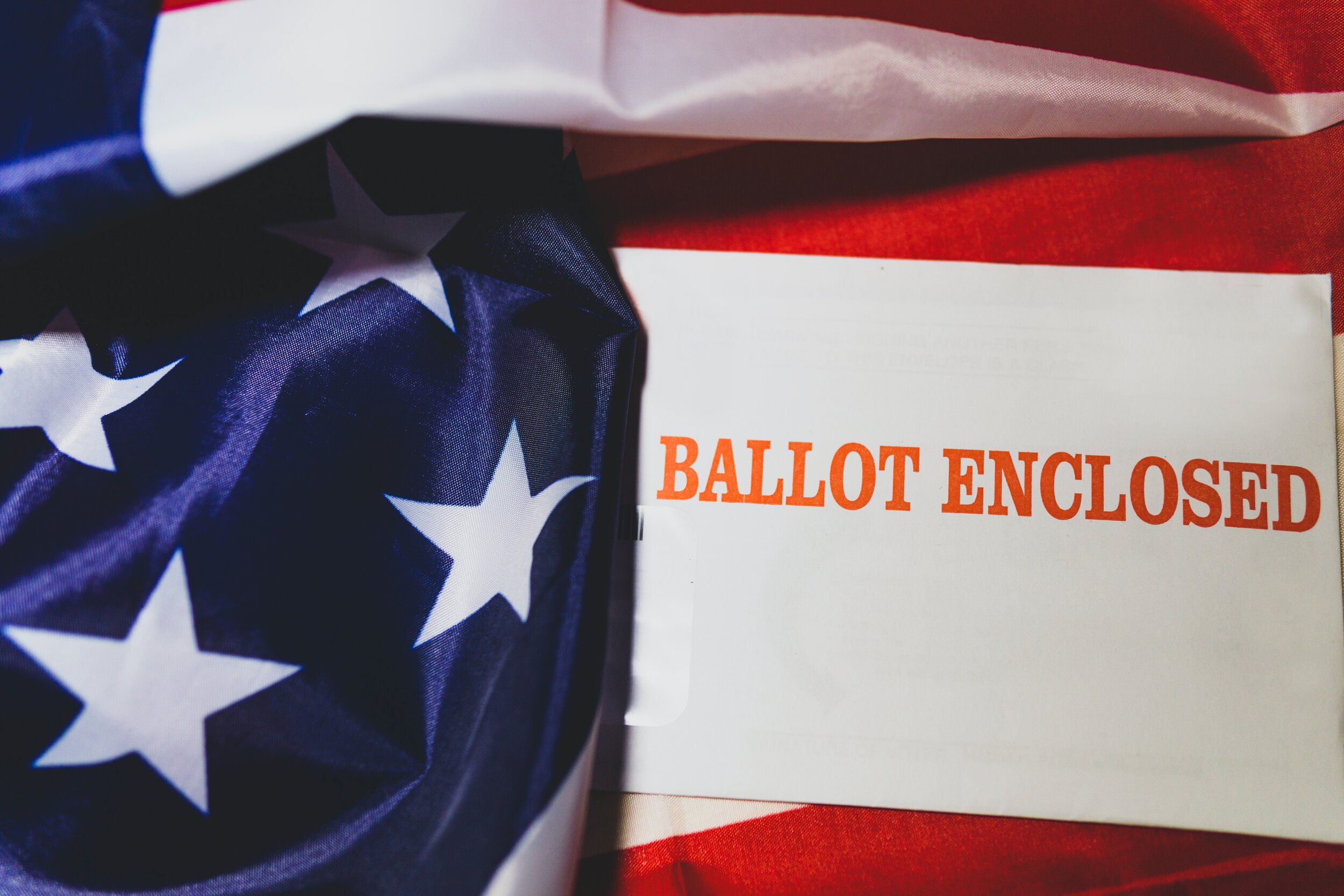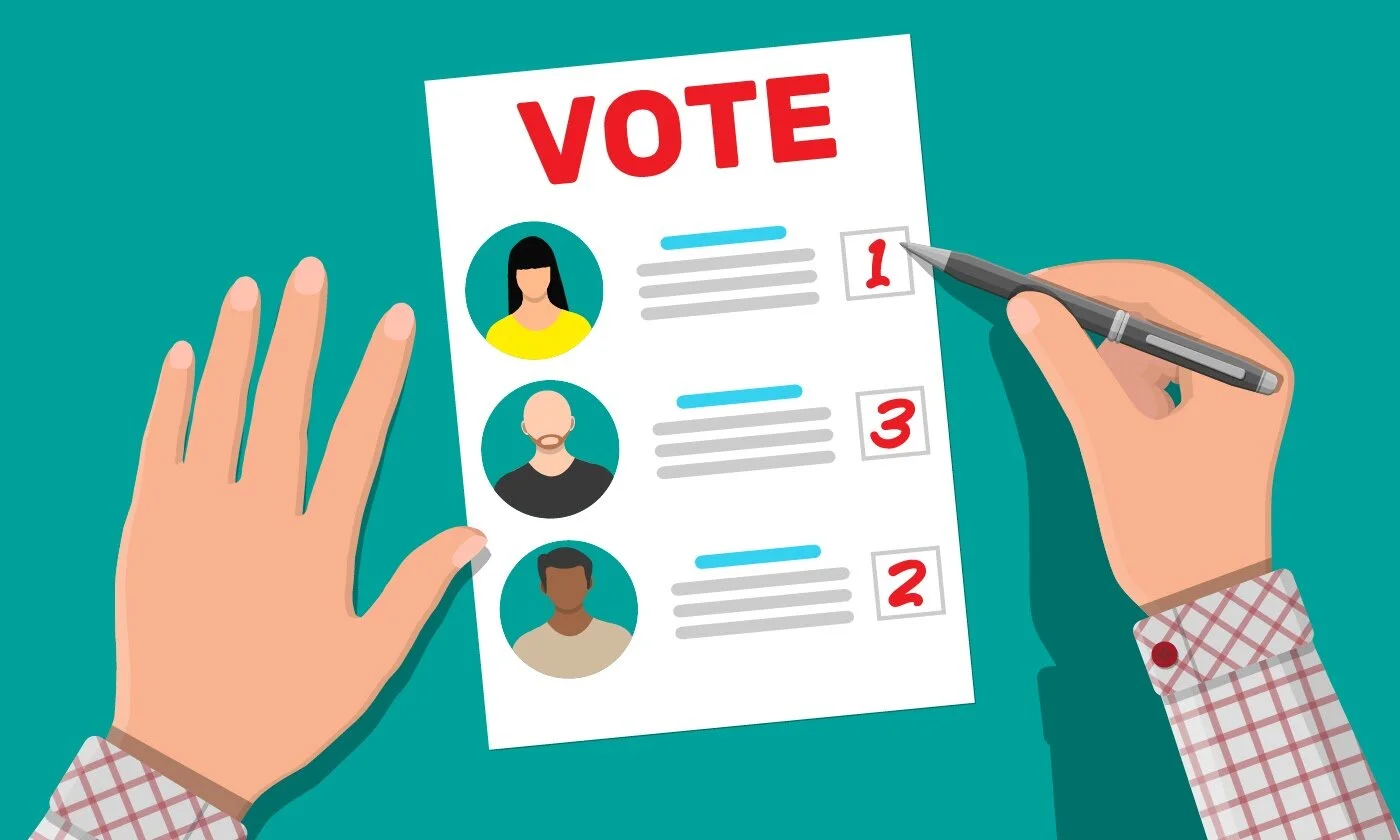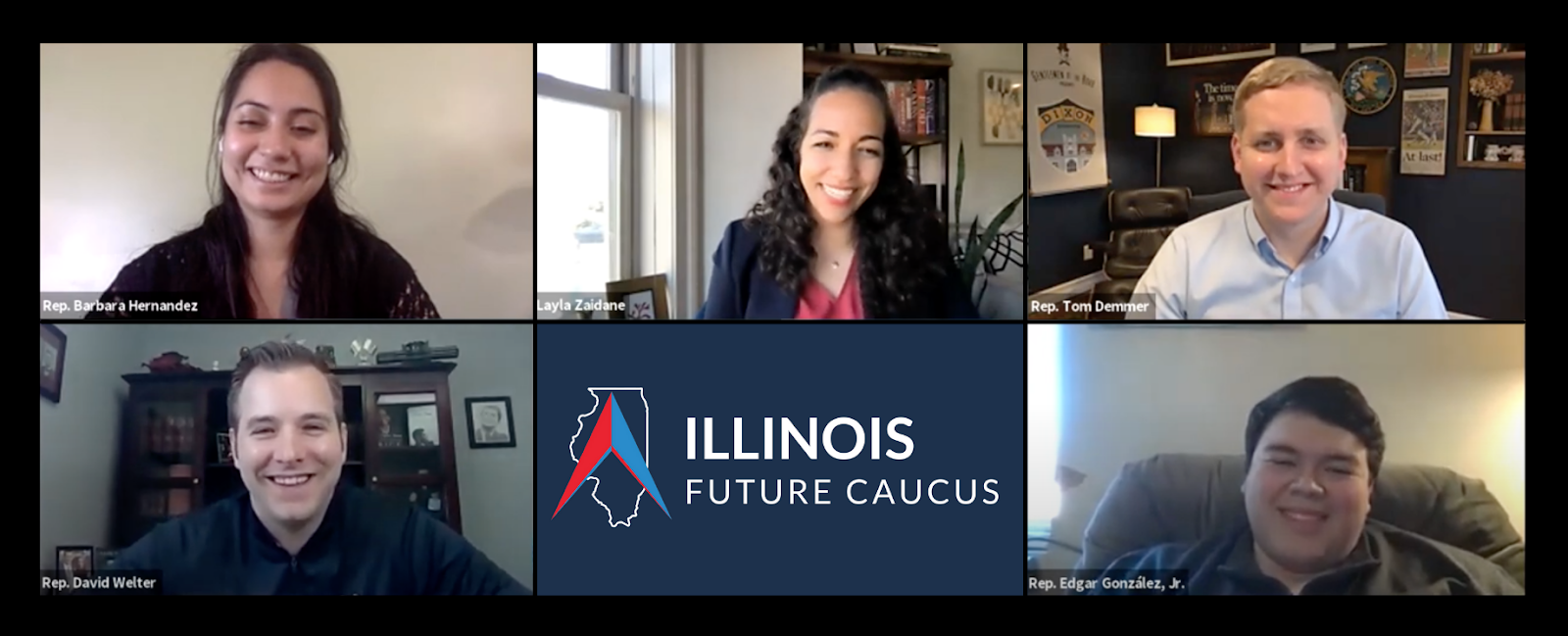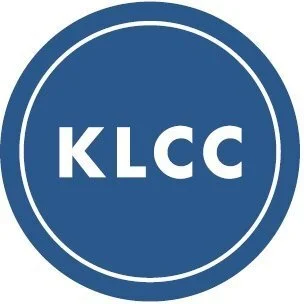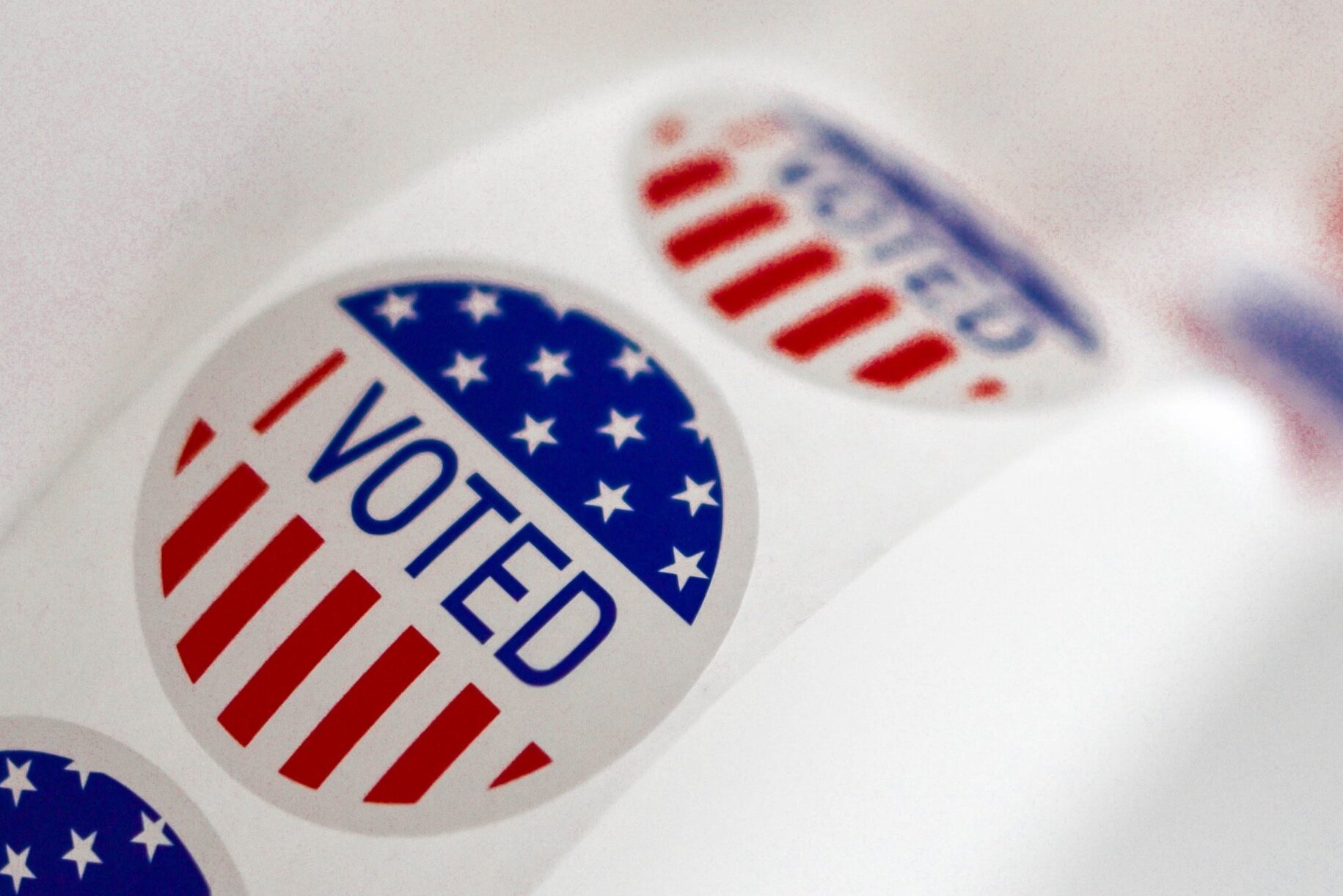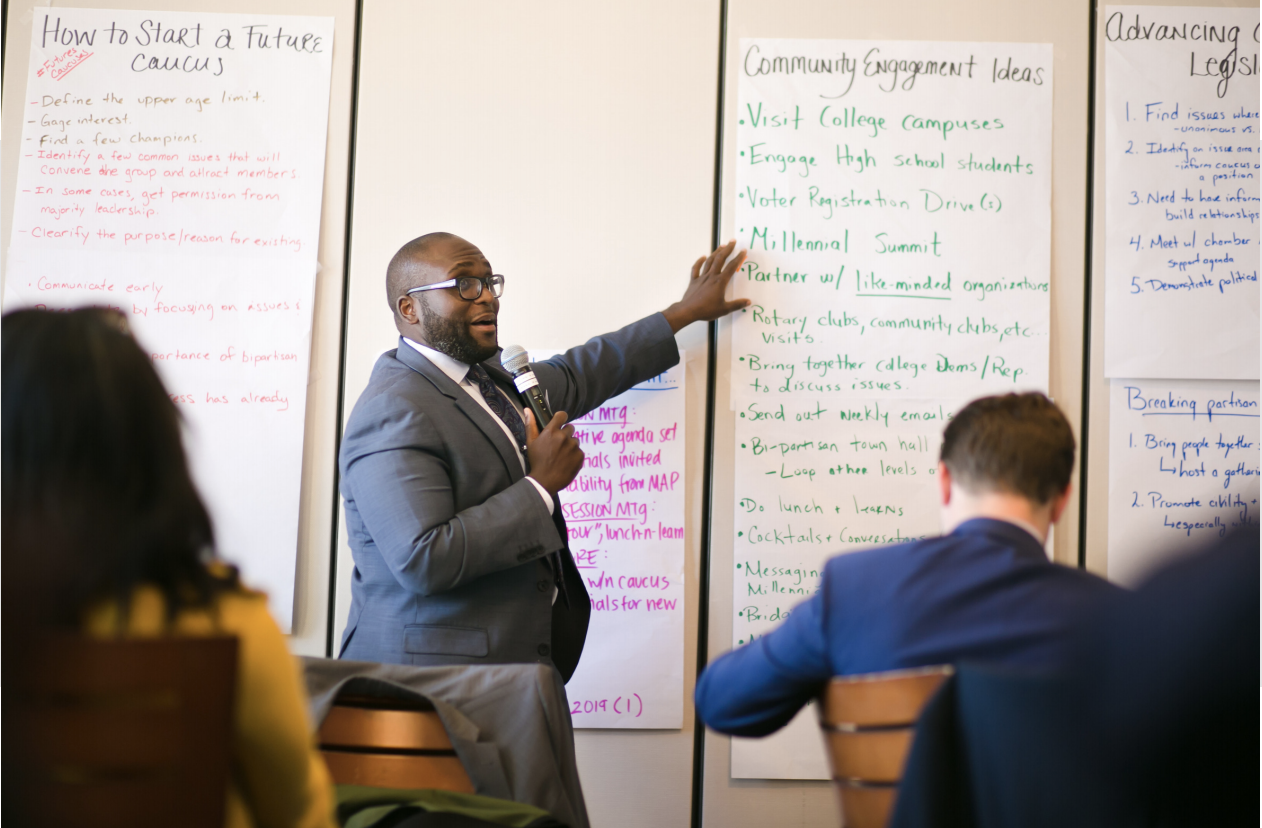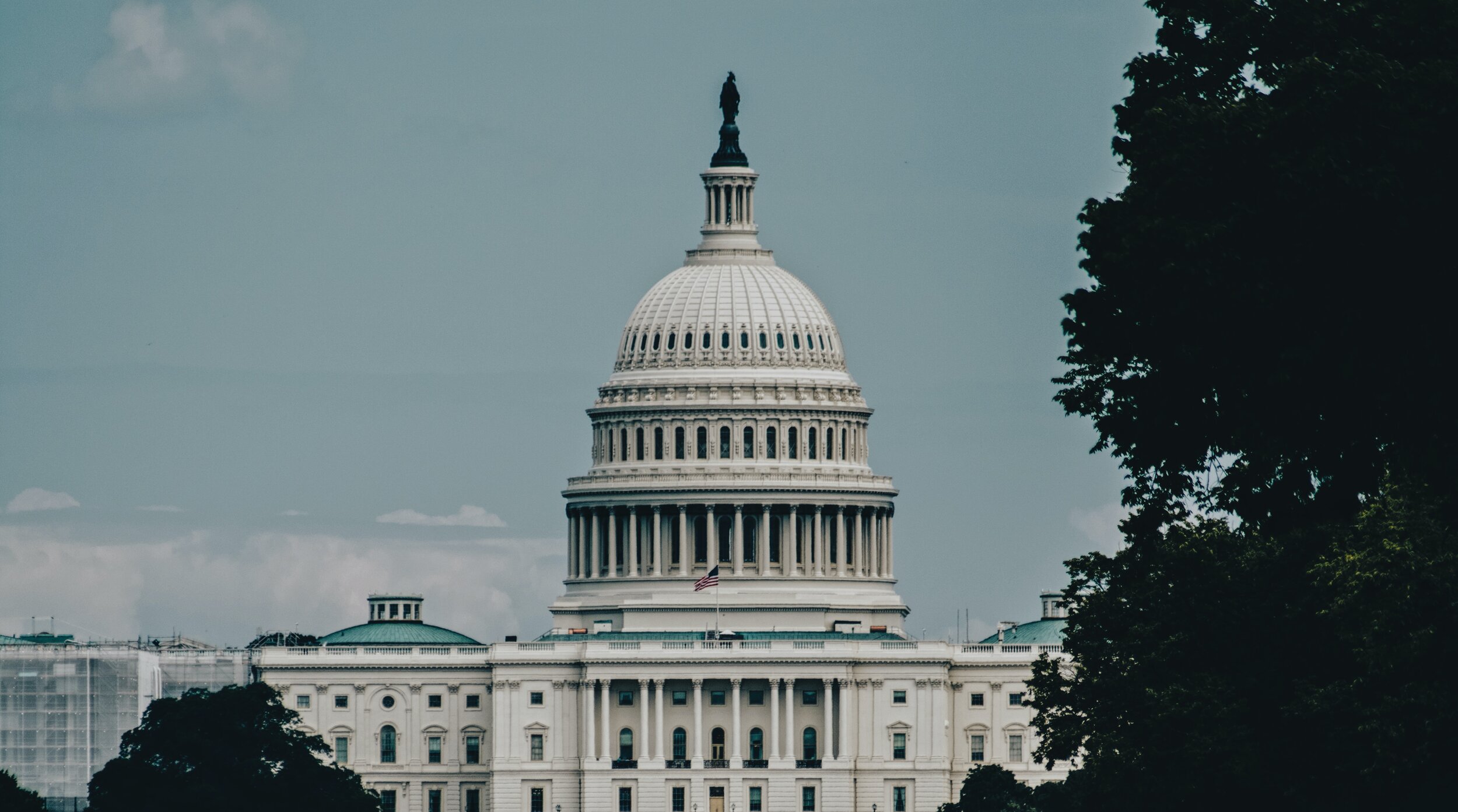Free, fair elections and good governance are two cornerstones of a vibrant democracy. Our young legislators are working together to modernize legislatures, safeguard our elections, ensure that all eligible voters can cast ballots, and bring lawmaking into the 21st century. These post-partisan actions strengthen our democratic institutions by engaging Millennial leaders across the political spectrum and spurring innovative legislation.
Beyond Passing the Torch
RECOMMENDATIONS ON LEVERAGING AGE DIVERSITY TO BUILD A STRONGER DEMOCRACY NOW
As members of the New Pluralist community, Millennial Action Project, Generation Citizen, and CoGenerate (formerly Encore.org) collaborated to conduct pioneering, practitioner-facing research that resulted in a landscape analysis of 25 civic organizations! We identified and executed our research goal of articulating emerging trends, shared values, and actionable strategies that work to engage groups across all stages of the civic life cycle. Additionally, this study presents pathways to engaging youth and elders across generational exchange and collaboration.
Mis- and Disinformation: An Emerging Concern for Democracy
Over the past several years, America has witnessed a sharp increase in the amount of mis- or disinformation widely available. While harmful in any context, this phenomenon is especially pernicious when targeted bad information impacts local, state, or national democratic processes. As a result, finding ways to combat misinformation is quickly becoming a topic of legislative debate among leaders across the political spectrum as states move to prepare for the 2022 midterm elections and beyond.
Below, find a resource highlighting recent legislative action around mis- and disinformation, including Democratic, Republican, and bipartisan sponsored examples.
Redistricting in 2022: What’s Happened So Far?
Across all 50 states, the redistricting process has played out very differently between states that have strong protections against partisan gerrymandering and states that do not. While some states have embraced redistricting processes that encourage bipartisan input and fair representation, others have continued to court controversy through biased maps. This dynamic has been compounded as several states have seen new districts engulfed in legal controversy over a number of factors, from partisan fairness to the representation of racial minorities.
In our latest redistricting resource, MAP takes a look at two states that have stood out for improvements in their redistricting processes and compares them to examples of new partisan gerrymanders.
Updated 02/22/2022
Primary Election Reform
The impact of primary elections on polarization continues to be explored as more states experiment with methods to create more ideologically diverse and competitive primaries. A number of factors have been cited as reasons for the increasingly polarizing effect of partisan primaries, such as the impact of gerrymandering and the exclusion of independent voters. In response, a number of states are pursuing systematic reform to their primary election procedures with the goal of ensuring a more representative nomination process for elected officials.
The rationale for modifying primary laws include an interest in increasing turnout, diversifying candidate pools, and minimizing the impact of politically gerrymandered districts. Opponents of primary reform typically point to the possibility of so-called spoiler candidates, or highlight the importance of other factors in creating polarization.
Below, find a resource highlighting recent legislative action around primary reform, including Democratic, Republican, and bipartisan sponsored examples.
Election Audits
In this challenging time for our democracy, many Americans are eager to know if policymakers are doing enough to ensure secure elections. Unfortunately, many officials have used these valid questions as a way to sow doubt and uncertainty on the integrity of America’s election administrators. Fortunately, there are several legislative examples, both from this year’s sessions and 2019-2020 sessions, that demonstrate how legislators can put politics aside and enact meaningful election security measures.
The primary method to do this should be the use of risk-limiting audits (RLAs), which make use of proven statistical sampling methods post-election to confirm officially reported results. RLAs are a policy that have received support from both parties in recent years, and stand in contrast to unproven or bad-faith “audit” policies that are intended to excessively challenge election results. Importantly, RLA procedures are implemented prior to an election taking place, different from some recent audits that have been instituted after an election has been concluded with results finalized and certified. To improve security and confidence, lawmakers conducting election oversight should always implement audit strategies before an election, a "results-blind" procedure that will not undermine faith in legitimately secure elections.
Ranked Choice Voting
Ranked choice voting (RCV) has been in the news. In addition to New York City, a number of other states and jurisdictions are exploring RCV as a means to diversify candidate pools, create more representative government, reduce polarization, and restore voters' confidence in elected institutions. While RCV is not a one-size-fits-all solution for our democracy's challenges, its popularity amongst policymakers, and the unorthodox coalitions of support and opposition, warrant a closer look.
The Millennial Action Project has been providing state and federal legislators with resources on ranked choice voting for years, most recently convening a group of policymakers both in support and opposition of RCV to explore the nuances, benefits, and potential downsides of the voting system. In addition, below you will find a curated list of state legislative action from 2021 sessions to provide an understanding of how RCV is being considered around the country, as well as a short blog post on why state legislators might want to consider RCV in their state.
Redistricting
Following the decennial census, states face the monumental task of drawing the boundary lines that will determine state and congressional districts for the next ten years. Some states employ political, bipartisan, advisory, or independent redistricting commissions to draw their state and federal districts. Most states, however, delegate the power of redistricting to their legislatures. The problematic partisan gerrymandering has an enduring impact on all aspects of governance and representation.
The map below tracks ongoing active legislation across the country that may impact the process by which the 2021 lines are drawn. MAP will continue to track the outcomes of this legislation and other changes.
This map is up to date as of 6/24/2021. If you have any questions on redistricting, please email policy@millennialaction.org.
POLICY RESOURCES FOR LEGISLATORS
Recent events
In the News
Resilient Elections
The COVID-19 public health crisis presented a unique challenge to our democracy, one amplified by its occurrence throughout a primary season and the 2020 General Election. The Partnering to Ensure Election Resiliency (P.E.E.R.) Project engaged young policymakers and partners across sectors to take action now to safeguard upcoming elections while protecting voters as they conduct their civic duty. MAP mobilized our bipartisan network of 1,600+ young elected officials around efforts to safeguard the 2020 elections, through policies such as vote-at-home.
Democracy Reform Task Force
In 2018, MAP launched the Democracy Reform Task Force to advance a national conversation on reforming government and engage members in peer-to-peer dialogues and expert-led discussions. The Task Force was organized for members to share their experiences, expertise, and approaches to initiatives appropriate for them in their state.
In Congress
In addition to examining state-level approaches, members of Congress in our bipartisan Congressional Future Caucus are also working together to pass innovative legislation that modernizes and ultimately strengthens our democracy.

